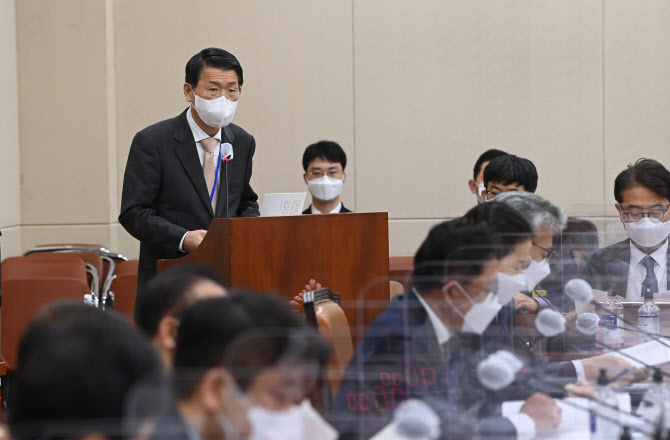On the 24th, the National Assembly’s Political Affairs Committee held a plenary meeting and agreed to pass the chairman’s draft of a partial amendment to the Act on Supporting Financial Life for the Common People (Amendment to the Common People’s Financial Support Act).
The bill is expected to be presented to the plenary session through the Legislative Judicial Committee. As the ruling and opposition parties have already reached an agreement in the process of the subcommittee of the Political Affairs Committee, it is expected that the plenary session will pass at least this month.
The amendment contains the contents of regular contributions to financial companies by expanding the range of financial assets managed by the Financial Services Agency. The contents of expanding the scope of companies that make contributions from existing savings banks and mutual financial associations to banks, insurance, and credit-specialized financial companies are expanded.
As the Corona 19 situation is prolonged and the number of ordinary people who are escaping to private finance due to the highest interest rate cut from the second half of this year is likely to increase, the purpose of the bill is to strengthen the banks of ordinary people’s finances.
The legislation requires private financial companies to pay contributions of up to 0.03% of household loan balances. This also means that the bank should pay 100.5 billion won per year, 18.9 billion won for the female professional rights, and 16.8 billion won for the insurance business.
However, in the subcommittee of the Political Affairs Committee, the ruling and opposition parties decided to apply a five-year sunset system as the burden is not small, as private companies have to pay 100 billion won a year to finance financial products for the common people. Accordingly, the Financial Services Commission also agreed to apply a five-year sunset system.
Finance Commissioner Eun Seong-soo said, “The amendment contains the contents of expanding the scope of contributions to all financial institutions that handle household loans such as banks and loans in order to provide stable policies and financial resources for the common people.” “Thank you for the resolution.”
|

